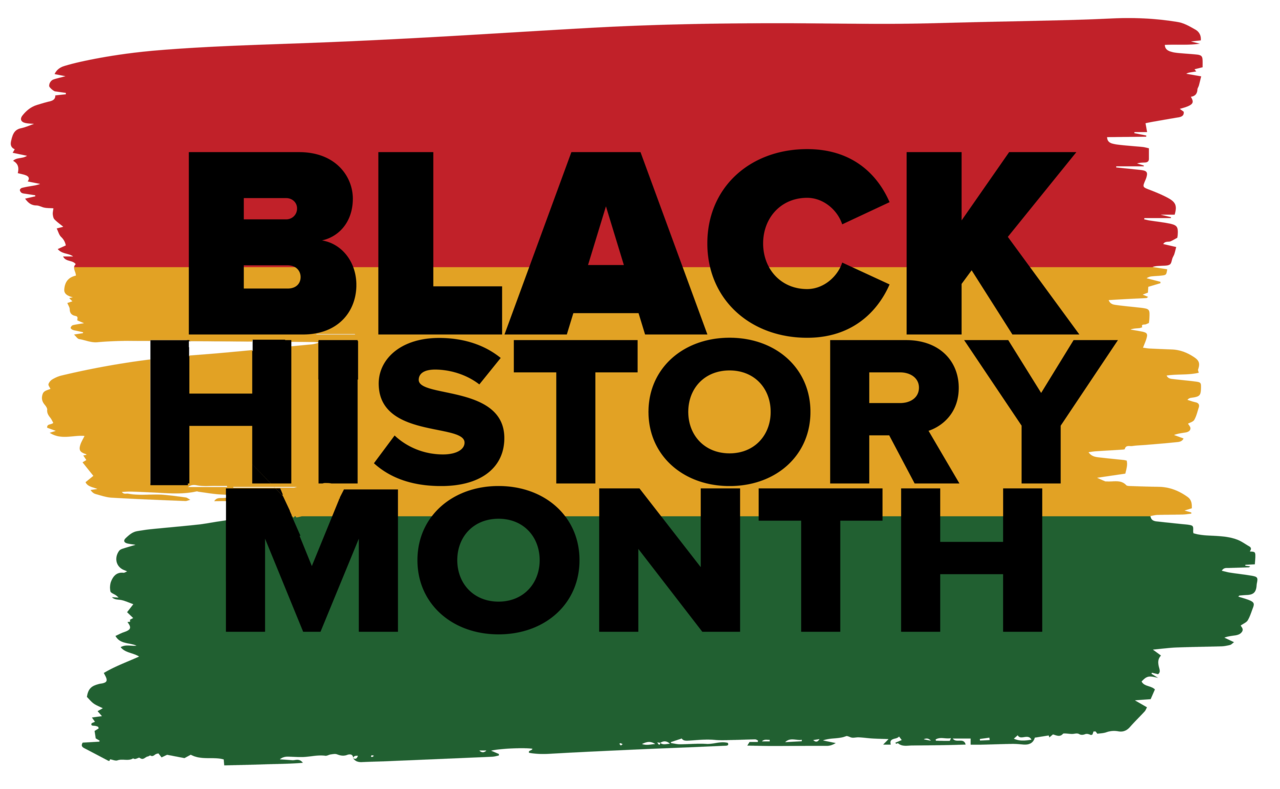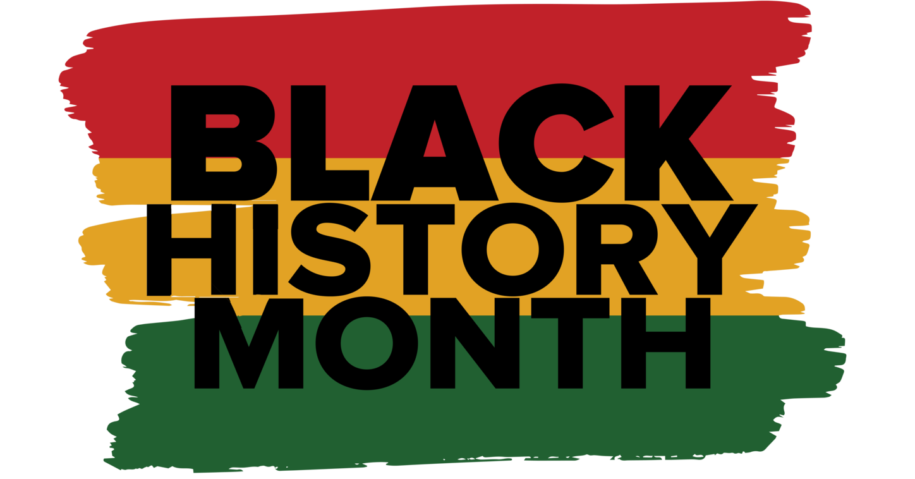The Do's & Don'ts of Celebrating Black History Month at Your Company

In the business world, there is a desire to harness all the dates on a CSR calendar to engage employees and publicly display brand identity and purpose. While many observations and holidays fill this criterion throughout the year, in the last decade (and few years in particular) companies have placed a stronger emphasis on one the year’s most important month-long, nationally recognized events: Black History Month.
While celebration of Black History Month by brands and businesses is very widespread, many only pay lip service to the complex issues of racial discrimination, inequality and tokenism which exist in many corporate settings. To break this cycle and to use Black History Month (BHM) as a time to search for actionable ways to address discrimination inside and out of the workplace, BHM programs must do more than merely look at Black Americans from history.
With this in mind, we at Impactree have compiled a powerful guide on ways to avoid many common pitfalls when celebrating Black History Month. Learn tips to successfully get the most out of BHM, along with how our platform offers unique, powerful solutions for hosting Black History Month celebrations (especially in the age of remote work).
The Do’s and Don’ts of Black History Month
A desire to celebrate Black History Month often comes from a genuine and good place. Seeing inequality still alive in America and abroad, many want to improve their workplaces and use their platform and influence to help enact real change in the world. Unfortunately, many times these altruistic ambitions can come across as the antithesis to their initial goals: contrived, inauthentic, poorly planned, or tasteless.
Celebrating and recognizing the importance of Black History Month in and out of the workplace is very commendable, and can be done in a way which is received positively while forwarding equity. To aid with this, we’ve compiled some of the most common mistakes corporate social responsibility and HR employees make when planning their Black History Month calendars, and how to successfully avoid them. By keeping these in mind, your brand can successfully build a BHM program which digs deep and creates pathways of future change.
Don’t Throw Something Together
Black History Month may begin on February 1st, but planning and scheduling should begin far in advance. Celebrating and acknowledging the contributions of Black Americans – along with how history informs the present – is no easy feat, and takes research, expert consultation, and a confident approach. Because of this reality, throwing together a Black History Month CSR calendar at 10:30pm on January 31st will be apparent to all employees.
According to so-and-so from source, not only will this look ill planned and disingenuous, but it could unintentionally “[send] the wrong message, a message that communicates the celebration and the community is more of an afterthought than an imperative.” Black History Month is not a holiday which can be celebrated like a conventional holiday. Because of the magnitude of what the holiday represents, programs around BHM must be well constructed, expertly curated, and – in accordance with our next point – designed in a way to be beneficial for all employees.
Don’t Assume It’s Just for Black Employees
As a celebration of the past and present contributions of Black Americans, many companies can get the wrong interpretation of who Black History Month is for, assuming it is a holiday for their Black employees. This way of thinking not only isolates Black employees from their peers, but misses the point of Black History Month completely. Though framed as a celebration, Black History Month is also a crucial time to analyze racial inequality and bias, especially within our own organizations.
“When companies neglect to involve all of their employees in at least some of the planned events, they miss out on a chance to start important conversations and highlight experiences and contributions that everyone should be aware of,” says so-and-so from source, adding that these conversations are where lasting change comes from.
Black History Month should not be a burden to any employees, and should be a productive time to discuss and implement ways to improve the community and workplace. However, by putting the brunt of the work and discussion on Black employees, companies can isolate or even humiliate their Black colleagues; “This is not a time to organize panels, town hall meetings, or Q&As where Black employees regurgitate past professional and personal traumas.”
This last point illuminates an important element of BHM: no two people celebrate it in the same way. You may have Black employees who would be more than willing to contribute to planning and programs surrounding Black History Month; conversely, you may have Black employees who do not wish to share their perspectives within the workplace setting. By thoroughly planning and scheduling celebrations, your business can ensure that simultaneously Black History Month is a time for all employees to learn and grow together, while not unwillingly singling out any employees.
Don’t Celebrate Publicly If You’re Not Celebrating Internally
Voicing the importance of Black History Month can be very good for companies, however publicly celebrating BHM should never be used to substitute a lack of internal celebration. “Companies will sometimes post BHM proclamations on their social media or will add a picture with a caption that mentions BHM to their website, which is great! However, if those companies are not backing up their public claims with internal action, their efforts may seem futile at best and deceptive at worst.”
This performative approach to Black History Month publicly highlights the importance of creating equity, while neglecting to do so from within. This dissonance creates distrust among employees and customers, who may already be skeptical of whether a company’s BHM social media extends beyond a marketing strategy.
To prevent this is simple; stress the importance of BHM from the company’s perspective. While a national holiday, Black History Month is a time to self analyze and understand successes and failures in creating equal, inclusive and diverse workplaces. Although it can be tempting to see BHM as another corporate social responsibility calendar date to frame social media posts around, not using the month as an opportunity to look inward wastes time and builds distrust from within.
Impactree As A Tool For Black History Month
When it comes to companies celebrating Black History Month, it is paramount that they create flexible programs which are tailored to their values and goals. This can manifest in numerous permutations, yet should display an inward- and outward-facing commitment to championing equity and inclusion within the organization. No matter a business’ size, values or industry, it is important that the recognition Black History Month be observed in a way which includes resources to employees, promotes the voices of experts, and displays why Black History Month is important to all employees. At Impactree, our platform is designed to simplify complex CSR programs and schedules like those around BHM, allowing customers to centralize impactful resources all in one user-friendly place.
With the power of our Action Hubs, companies can quickly and easily compile expertly sourced resources which highlight the importance of Black History Month, its origins, nonprofits to support, and much more. While we have a bevy of resources to choose from, companies which use Impactree also have the option to create their own actions around the resources they have created or find important. With this, branded Action Hubs can act as a one-stop solution for Black History Month, compiling all literature and initiatives into one webpage that can be easily embedded.
No matter the goals or plans for Black History Month, Impactree offers companies a way to simplify and centralize their goals and outreach. With the demand for remote work continuing to grow, Impactree also offers employees a way to take action during Black History Month at their own pace and at their leisure.
Black History Month As A Jumping Off Point

One of the most criticized elements of Black History Month is the fact that it is only 1/12th of the year. By confining all the accomplishments of Black Americans – along with conversations on present day discrimination and inequity in and out of the workplace – to one singular month, it creates a dissonance between language and action; companies have tough conversations and make vows to work toward deeper inclusion, then go back to the status quo when March comes around.
While Black History Month can act as a time of focus and reflection, don’t let conversations, commitments and goals go to waste on March 1st. Use this Black History Month not as a stop on a CSR journey, but as a jumping off point to create long lasting, impactful strides toward real equity and inclusion within the workplace. Goals like this cannot be achieved over one February, nor summarized in a social media post, but if given enough time and energy, they can make a massive difference on the passion and community of your workforce.

